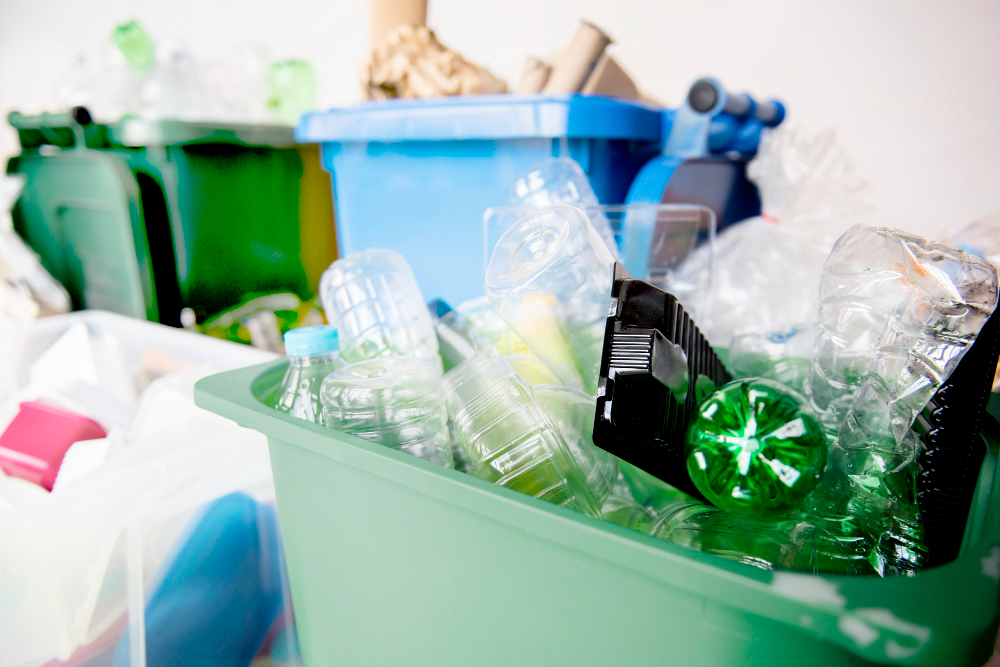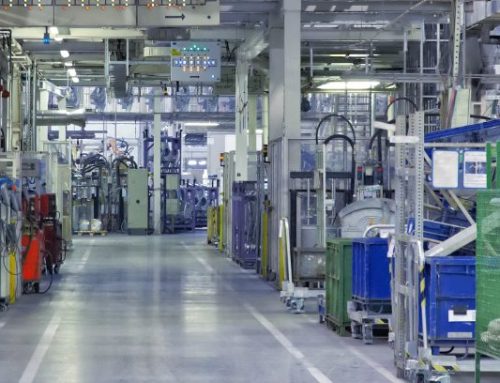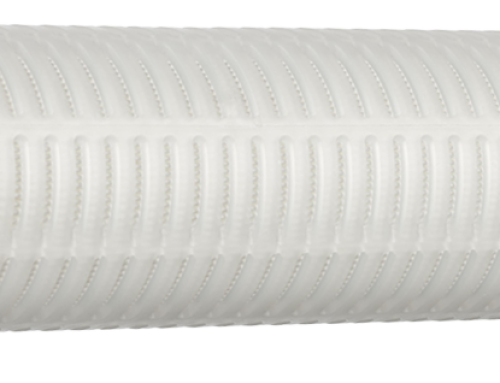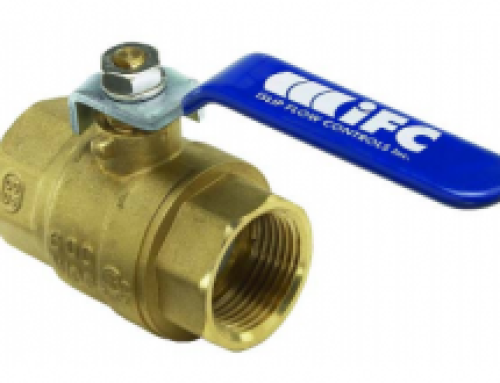Here at Advanced Filtration, we are constantly looking at new trends in our industry, such as biodegradable vs. compostable, as well as movements around the world. In recent years, environmental conservation has become a crucial topic for everyone—not just the ecologically-conscious—and many organizations are working towards implementing policies that will drive this agenda.
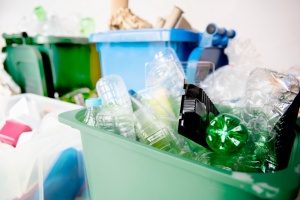
Because of this, not only are many companies, governmental agencies, and other organizations switching to green energy sources whenever possible, but manufacturers are also making environmental products that people can recycle and reuse. However, it can sometimes become difficult for a company to choose which products are the best to make, or which to choose for their everyday use.
In this article, we want to explore this topic further, and clear up some of the confusion. When people talk about environmentally friendly products, “compostable” and “biodegradable” are some of the words they use often. However, is there a difference between biodegradable and compostable products, or are they interchangeable terms?
What Is Biodegradable?
Biodegradable is a term we see a lot in the things we buy, from clothes to products such as soap. When used in this way, the term “biodegradable” typically means that the items will break down easily, quickly, and safely when left in a landfill without any assistive measures.
ASTM International (formerly known as the American Society for Testing and Materials) describes biodegradable material as anything that degrades due to the actions of natural microorganisms such as algae, fungi, and bacteria. When they break down, they release mostly harmless compounds. Any product that is animal-based, plant-based, or natural mineral-based is usually considered biodegradable.
However, depending on the original material of the products and the processing method, different products have different break-down rates. Nevertheless, while biodegradable products take some time to degrade, it is usually a fraction of the time compared to non-degradable products, such as plastic.
What Is Compostable?
Compostable products are those products that can break down into natural elements when in a compost environment. In this case, ASTM International describes compostable products as those that degrade through a biological process during composting and produce water, inorganic compounds, biomass, and CO2.
In a composting plant, it takes around 90 days for products to degrade fully. Compostable products yield byproducts at the same rate as other compostable materials.
A composting facility uses high temperatures, mechanical agitation, and other advanced tools to speed up the composting process.
Compostable products are excellent for ecological concerns. Since they break down into natural elements and do not leave any toxic, distinguishable, and visible residue, they do not cause any harm to the environment.
What Is The Difference Between Biodegradable vs. Compostable?
All compostable materials are biodegradable, but not all biodegradable materials are compostable.
Compostable products rely on exposure to the perfect amount of heat, air, and moisture to degrade. There also has to be carbon or nitrogen-rich products around the compostable products to feed the microorganisms to activate the composting process.
However, biodegradable products degrade perfectly regardless of external environmental factors.
While biodegradable products break down and disappear into nature, sometimes they might leave behind a metal residue, which could be toxic to the soil. On the other hand, compostable products create humus, which is rich in nutrients and good for the soil plus plants.
Therefore, if a company wants to go completely green with their products, they need to use compostable materials to ensure that they do not leave any toxins in the soil or air after they degrade.
Conditions in a landfill are not the same as those in a composting facility. First, there is no airflow in the landfill, which inhibits composition from happening. If composting does occur without oxygen, the process will give off methane as a byproduct.
There are also a lot of different products in the landfill, even those that are not compostable, which makes it impossible for there to be zero waste. Therefore, companies need to take their compostable waste to a composting facility.
If an organization has no composting facilities close by, they might wonder whether using compostable products will help the environment. However, organizations could put in place measures to reduce waste like reusing and repurposing certain things.
Frequently Asked Questions
Are compostable and recyclable the same?
While recyclable and compostable products are perfect ways to protect the environment, they are not the same. Compostable materials and biodegradable materials have a timeline to degrade into nature after exposure to the right conditions.
Recyclable materials, however, do not have a timeline for them to degrade. Instead of degrading into nature, recyclable materials can be made into other products or used for something else. There are many recyclable products that are not compostable.
Can I recycle compostable products?
No. you cannot recycle compostable products with petroleum-based recyclable products because not only are they not meant for recycling, but they can also disrupt and contaminate the recycling stream.
Can I compost biodegradable products?
Composting companies do not accept products labeled ad biodegradable for the composting process. That is because the biodegradable products may not be compostable, which means there will be residues left behind after the composting process.
Usually, the products composting companies get from the composting process are useful in farming to add inorganic matter and nutrients to the soil. However, with the non-compostable residues from the biodegradable materials, the product is unusable.
Final Thoughts on Biodegradable vs. Compostable
Before a company buys any business products, they need to read the label to ascertain whether it’s compostable or biodegradable, depending on their environmental goals. They should also contact a composting facility that will regularly pick up their waste instead of throwing it all in the same garbage collection track that will take it to a landfill.
As the world continues to evolve, Advanced Filtration is at your service for all your industrial filtration needs. Call us at 732-901-6676 today for a free quote.

